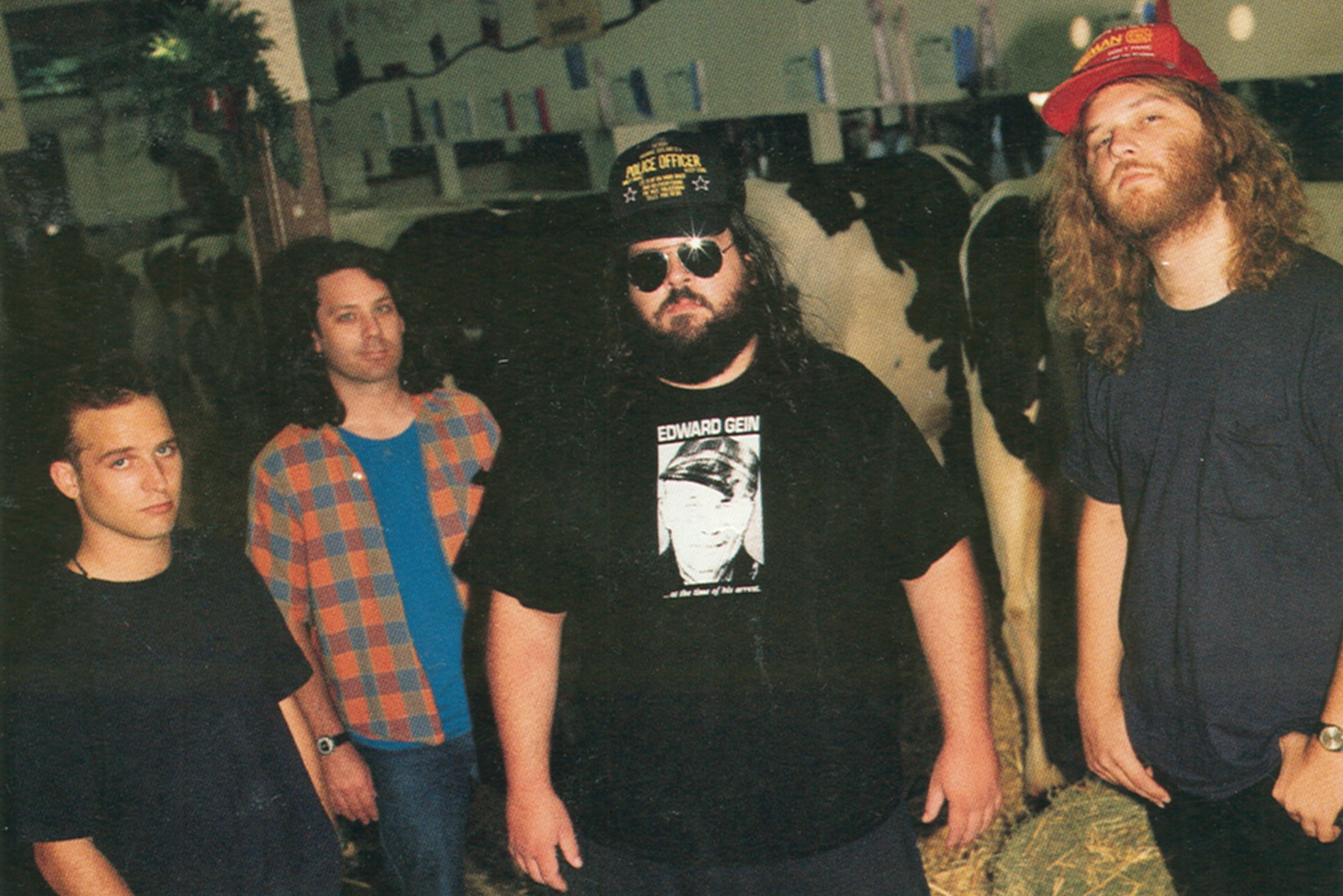After a dozen years apart, Ben Folds Five, one of the ’90s’ most surprising success stories, re-formed last year, inspired by their 2011 greatest-hits record, which combined group work with material from Folds’ solo pursuits. The new album, The Sound of the Life of the Mind, offers 10 new tracks of Folds’ signature piano-fueled pop, including one with lyrics by author Nick Hornby. We talked to Folds about the band’s reunion, Miles Davis, and Weird Al.SW: Were you at all constrained by feeling like you needed to make a record that Ben Folds Five fans would enjoy, and not stray too far from the sound of the three records you made together?Folds: I don’t know what most artists say, but I can’t imagine having this agenda in your head about what it should be. The best thing to do is to play by feel and do things that are exciting to you. Our records are radically spiritually different from each other, yet they sound very similar. You’ll have one person saying, “I love that record,” and they’ll hate the other record. But they sound very similar and they have similar themes. I think that’s really what we do. It’s three guys—piano, bass, and drums.I’m not saying you can’t have some diversity of sound in that, but it is what it is. It took quite a while and a lot of different kinds of players and decades for Miles Davis to really start sounding different, too. You can hear him play and say, “Well, that’s Miles, there’s his trumpet.”It would be pretty amazing if Ben Folds Five tried to make a Miles Davis–sounding record.I’d be thrilled if we could make a Miles record! In our world, we’d be like, “Man, this is radical, we made the record Miles never made.” And then about a year later, it would sink in that we’d just made another one of our records, because that’s who we are.Where did the idea for “On Being Frank” come from, which imagines Sinatra’s tour manager after his death, and which is kind of sad?It was based on something my tour manager said, which was that when he quits this job, he’s not going to know where to set the thermostat for himself. I thought, OK, well, this is in fact literally what you would call an identity crisis—you don’t know who you are and what your story is. It’s that quandary of “What do I do next?” My next step is not going to be determined by who I thought I was.So that’s what the song is. And this is exactly what happens when you’re in a long-term marriage, and then it’s over and you no longer know how to make your coffee or what you like, because you’ve only defined yourself in this way. Using the tour manager was a way of lightening up that subject matter for me.Can you talk about the Eric Joyner paintings that accompany the package—specifically, the one on the cover with the robot underwater?It has humor, it’s absurd, and it’s also isolating. It’s called “Submerged,” which is perfect. It speaks to responsibility, contemplation, sensory deprivation. I think it’s awesome. I just feel it.I don’t know shit about art. I’ve always liked his paintings because they’re absurd and very heavy, so I like that. The only problem for me was the fact that the album cover is a marketing tool, and I doubt Charles Dickens gave a shit what was on his covers—I mean, look at the “White Album.”My only concern with the marketing tool was that the indie kids have been digging some robots for quite a while. If I was aware that maybe it was eight years too late in terms of stylistic, on-the-edge coolness, then oh, well. But I think it has something that will last—kind of like the cover of “Bitches Ain’t Shit” that I did. I always felt like that version had a lot of heart, and that’s why I was into it. I would see criticism pop up and someone say, “Ah, white guys doing an ironic cover of a gangsta rapper again,” but my feeling on those things is, is it moving me and does it have heart?Weird Al Yankovic stands up because he’s always played by feel and doesn’t try to be anybody he’s not.music@seattleweekly.com
After a dozen years apart, Ben Folds Five, one of the ’90s’








